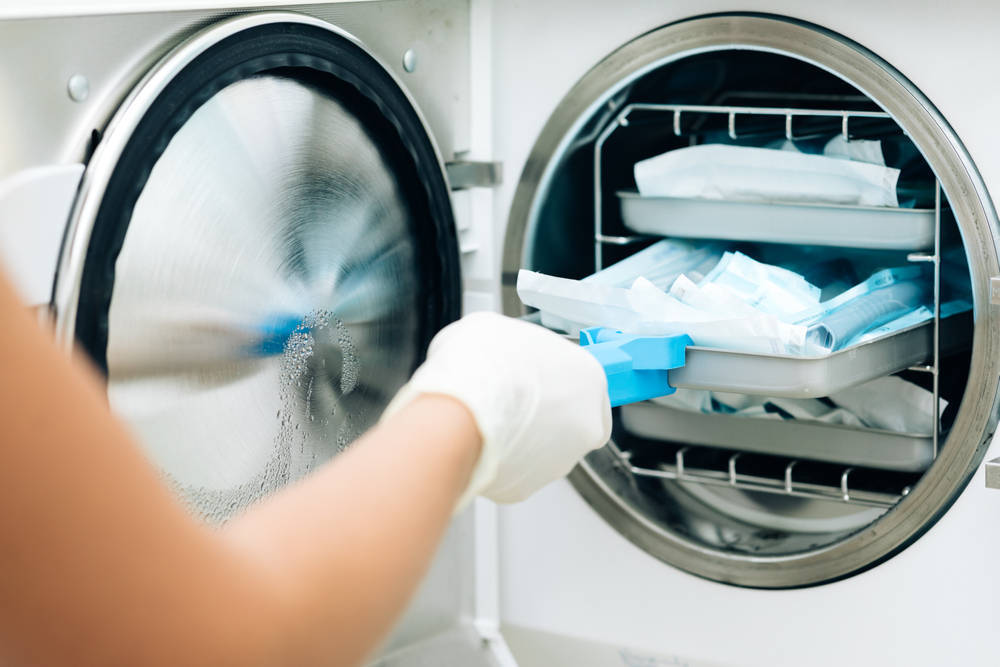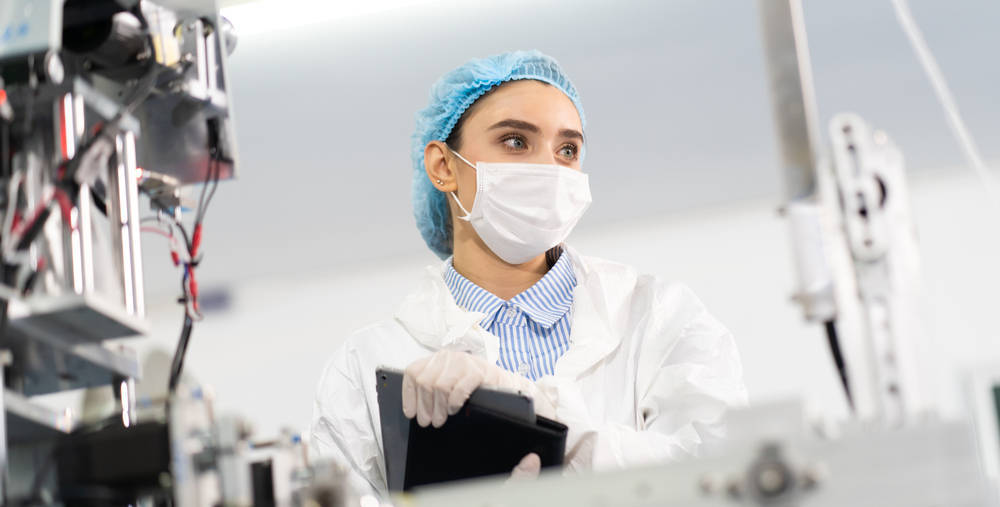Introduction
Sterile processing technicians form part of the medical industry and work with other technicians on sterilization packaging, dispensing, and packaging processes. They help ensure that drugs and other sterile products are properly stored and packaged before being dispensed by ensuring that the proper procedures are adhered to at each step. Sterile processing technicians can be paid up to $43K each year and earn an average of around $30K per year as per Indeed.com (for more details on pay rates, please refer to the following article).
What is Sterile Processing Technician?
A Sterile Processing Technician is a medical technician who designs the equipment needed for surgical procedures and other medical procedures.
The work of a sterile processing technician is to maintain the cleanliness of surgical instruments, such as scalpels and scissors, during their preparation by washing them in a disinfectant solution before sterilization. They also ensure that the materials they prepare are not infected by viruses or bacteria.
How Much Sterile Processing Technicians Earn?
According to Indeed.com according to Indeed.com, the average salary for sterile processing technicians is $19.69 an hour. This means you could earn anywhere from $27K-$31K per annum, depending upon how long you work and your level of expertise.
You can increase your income as a technician for sterile processing when you work for a larger company with more clients and training opportunities. This increases your chances to be promoted within the company or in another department with greater growth opportunities (such as customer service).
How do you become a Sterile Processing Technician: Education and Training Requirements

To be an sterile processing technician you’ll have to adhere to the education and training requirements for your state’s health facilities.
- Training: Many states require applicants to undergo an instruction program before being certified as sterile processing technicians. These training programs usually last one year and include classes on medical terminology, anatomy, physiology and anatomy microbiology, and many other subjects related to the field.
- Education Candidates must be able to pass written tests that examine topics covered in the classroom portion of their coursework to be certified as sterile processing technicians in every state.
Sterile Processing Technician Certifications and Licenses
There is a wide range of certificates available to technicians who work in sterile processing. The Association for the Advancement of Medical Instrumentation (AAMI) offers several certifications, including:
- Certified Professional Medical Technician (CPSC-SCT)
- Certified Operating Room Assistant (COOR)
- Certified Operating Room Specialist (CORS)
Each certification requires you to take part in an educational course and pass written and practical tests. The best way to get certified is to clear the practical and written exams simultaneously. However, you will lose your certification permanently in the event that you fail one of these exams more than five years. This isn’t necessarily a bad thing. It just means there is pressure to achieve this goal before taking it away!
Sterile Processing Technician Career Outlook
Sterile processing technicians are a rapidly growing field. According to the U.S. Bureau of Labor Statistics There will be an additional 17,600 sterile processing technicians by 2026 (an increase of 76 percent). According to the BLS, these jobs should pay approximately $36 per hour, depending on your location and level of education. However, the pay can vary depending upon the location you work in and the company you employ with.
There are many options to become a sterile processing technician.
- Take classes at an accredited school like https://www.youtube.com/watch?v=7C4t-4YV7wQ. You can also be paid while attending your classes!
- As an apprentice, you’ll be working alongside someone who has been taught or has a thorough understanding of how it works. This allows you to show them how it operates before they depart. It means more money is coming into your monthly wallet instead of going towards rent.
Becoming a sterile processing technician is a great way to begin your medical career journey.
You’ll work in a hospital environment as a technologist for sterile processing. Your skills can be utilized in various situations and work with different individuals. As long as you’ve received appropriate education and have a valid certification, there’s no telling what kind of work security you’ll be able to enjoy!
Conclusion
A sterile processing technician can be a fantastic way to start your career in the field of medicine. It’s a fantastic way to earn money while still at school, providing all the education and certification requirements.
Martinson College was established to be a vital element of the industry’s ongoing struggle to improve the standards of Central Services and Sterile Processing Departments (CS/SPD) in healthcare institutions across the globe, particularly in the United States. Our objective is to educate the community about the necessity of reusable medical device sterilization, decontamination, and reprocessing.
